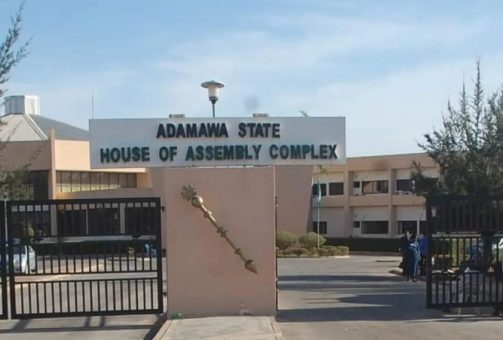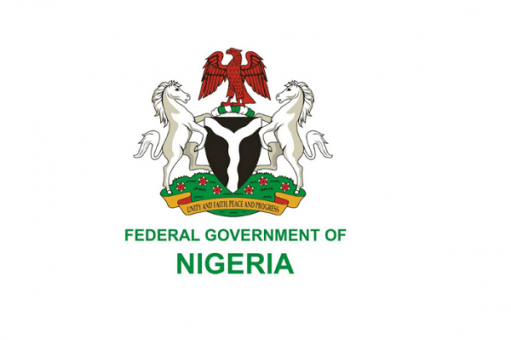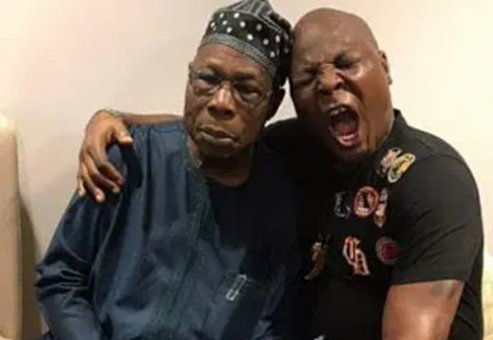
The Central Bank of Nigeria (CBN) has revealed its plan to distribute $10,000 to each Bureau de Change (BDC) operator at a rate of N1,251 for each dollar. This directive mandates the BDCs to sell the allocated dollars to eligible customers at a rate not exceeding 1.5 percent above the purchase price, meaning they cannot sell above N1,269 per dollar.
Back in July 2021, the CBN halted the sale of foreign exchange to BDCs, accusing them of trading in amounts greater than $5,000, which violated their licenses and Nigeria’s FX regulations. However, in February, the CBN announced its decision to resume selling foreign exchange, allocating $20,000 to each eligible BDC operator nationwide.
This move marks a significant development more than two years after the former CBN Governor, Godwin Emefiele, suspended the sales of foreign exchange to BDC operators.
The naira demonstrated a steady appreciation against the US dollar on Monday, closing at 1,408 naira per dollar at the official market. In a circular, the CBN stated, “We refer to our letter to you referenced TED/DIR/CON/GOM/001/071 in respect of the above subject, wherein the CBN approved a second tranche of the sale of FX to eligible BDCs. We write to inform you of the sale of $10,000 to each BDC at the rate of N1,251/$1. The BDCs are to sell to eligible end users at a spread of not more than 1.5 percent above the purchase price.”
Last month, CBN Governor Olayemi Cardoso outlined a comprehensive strategy aimed at curbing inflation, stabilizing the exchange rate, and boosting confidence in the banking system and the economy. During the Monetary Policy Committee meeting and a conference call with foreign portfolio investors, the central bank aimed to set expectations for sustained growth in the country’s foreign currency reserves and improved liquidity in the foreign exchange market.
Analysts noted that by enhancing liquidity, the central bank injects more money into the financial system, which helps stabilize the foreign exchange market by providing more funds for buying and selling currencies.
Marcel Okeke, the former Chief Economist of Zenith Bank, emphasized the need for increased dollar supply to stimulate the economy.







